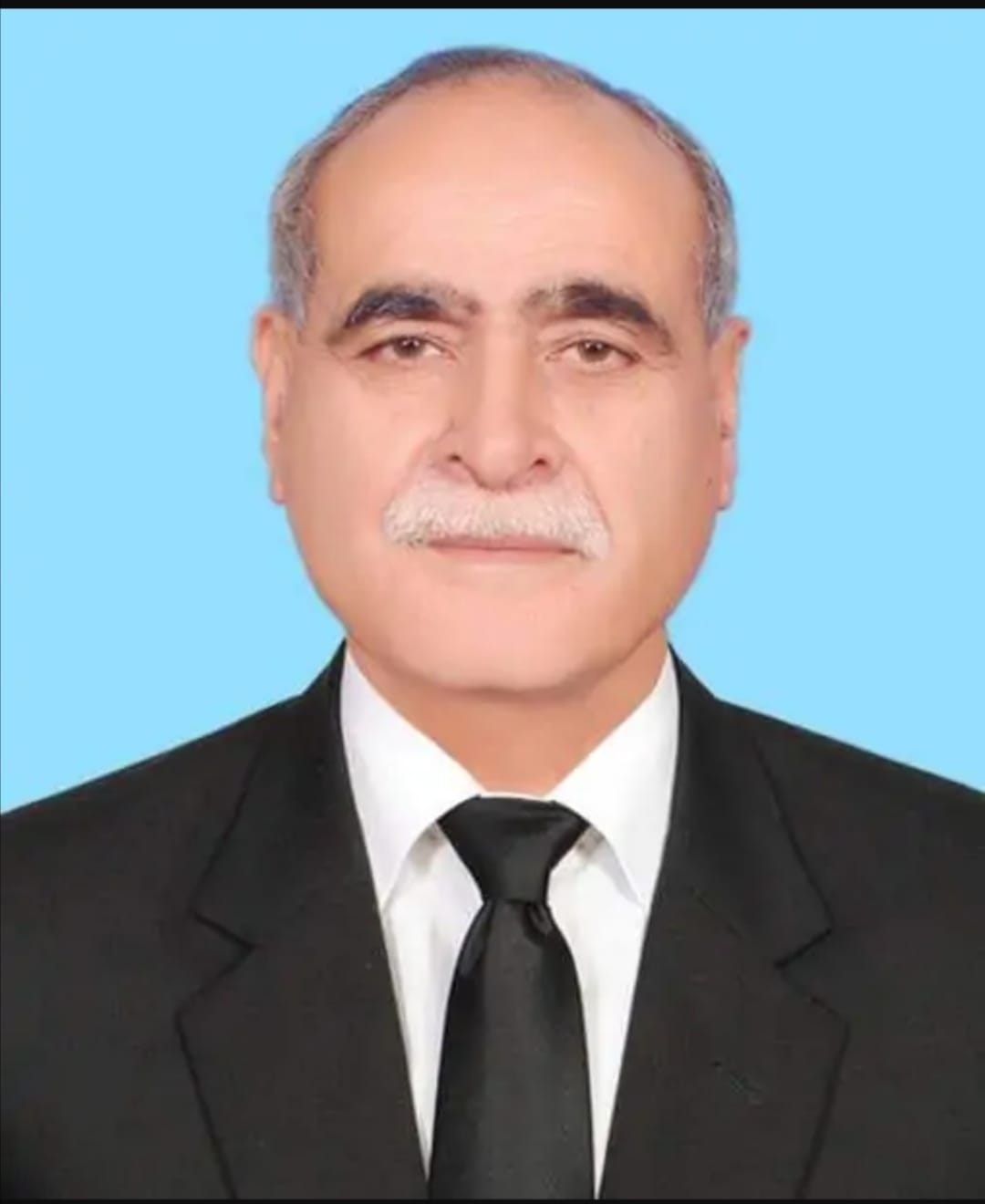Pahlagam incident & Islam
By Professor Talha Saeed
Ahmadkhan9421@yahoo.com
The recent tragic attack in Indian Illegally Occupied Jammu and Kashmir, Pahalgam, which resulted in the deaths of several tourists, has once again stirred tensions in South Asia. True to its usual pattern, India wasted no time in blaming Pakistan without offering any credible investigation or evidence. This knee-jerk reaction, based more on political expediency than facts, highlights New Delhi’s troubling tendency to externalize its internal issues and evade accountability. But this time, the regional and global response did not unfold as India might have hoped. Instead, Pakistan emerged as a calm, composed, and morally responsible actor.
From the very start, Pakistan categorically denied any involvement in the attack. More importantly, it underscored that the targeting of innocent civilians, especially tourists, is not only alien to Pakistan’s state policy but is also wholly incompatible with Islamic teachings. Islam, the foundation of Pakistan’s identity, strictly prohibits harm to non-combatants. Tourists, guests, and travellers enjoy special protection under Islamic principles, and the idea that a state like Pakistan founded on those very values, would engage in such an act is not only unthinkable but offensive. India’s allegations were not only baseless; they were also strategically aimed at deflecting attention from its own failings in Kashmir. However, what followed was a moment that marked a shift in regional dynamics. Rather than falling into the trap of verbal escalation or retaliatory tactics, Pakistan chose the path of dignity and diplomacy. The military remained on alert but exercised commendable restraint, while the Foreign Office and diplomatic corps led a well-coordinated international outreach. This included calls for an impartial investigation, offers of full cooperation, and appeals for de-escalation and dialogue. It was a textbook example of responsible state behavior.
This measured and principled approach paid off. International attention quickly turned to the core issue: Kashmir. For decades, India has tried to downplay the Kashmir conflict as an internal matter, using the rhetoric of terrorism to justify crackdowns, demographic changes, and widespread human rights violations. But Pakistan’s composure in this crisis reignited global awareness about the unresolved status of Kashmir and the urgency of addressing it. The President of the United States emphasized restraint and noted that a lasting peace in South Asia is not possible without addressing the Kashmir dispute. The European Union’s Foreign Ministers echoed these sentiments, calling for human rights protections and dialogue. In the UK, members of Parliament raised concerns about Indian state violence and called for a review of arms sales. International human rights organizations and UN special rapporteurs also issued fresh statements drawing attention to Kashmir’s dire humanitarian and political situation.
As this moment unfolded, the Pakistan Markazi Muslim League (PMML) observed it with pride and optimism. We wholeheartedly welcome Pakistan’s victory on the diplomatic front. This is not just a victory for the government it is a victory for every Pakistani who believes in justice, peace, and the right of all people to live with dignity. As a responsible and law-abiding political party, we, in the PMML, firmly reject all allegations linking us and our leaders to any extremist activity during this issue. We are deeply rooted in the values of democracy, public service, and national unity. PMML believes that political and diplomatic strategies not blame games or violence, are the keys to resolving conflicts. Our leadership, stands committed to upholding Pakistan’s image as a peaceful nation. Our record speaks for itself: we are working at the grassroots to improve governance, advocate for social justice, and represent the concerns of ordinary Pakistanis in a constructive and democratic manner.
The Kashmir issue, above all, demands such constructive and peaceful approaches. It is not a bilateral irritant—it is a humanitarian and political crisis that affects the lives of millions. The solution lies not in media narratives or military escalation, but in honest diplomacy. It must be resolved as per UN Security Council resolutions and, more importantly, in accordance with the wishes and aspirations of the Kashmiri people. Any long-term peace in South Asia is impossible without giving them their rightful voice.
In conclusion, the Pahalgam incident revealed more than just regional tensions it revealed character. Where one state reacted with blame and aggression, the other responded with dignity and diplomacy. Pakistan showed what it means to be a responsible power. It reminded the world of the real issue—Kashmir—and brought the conversation back to justice, freedom, and rights. As the PMML, we stand firmly with this vision. We will continue to support every effort for peace, justice, and national unity, and we will play our part, as a responsible political force, in building a better and more peaceful Pakistan.



